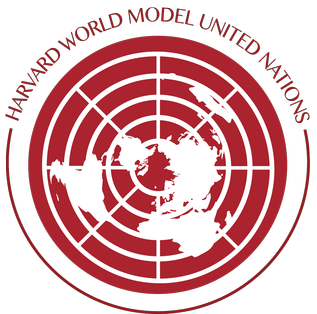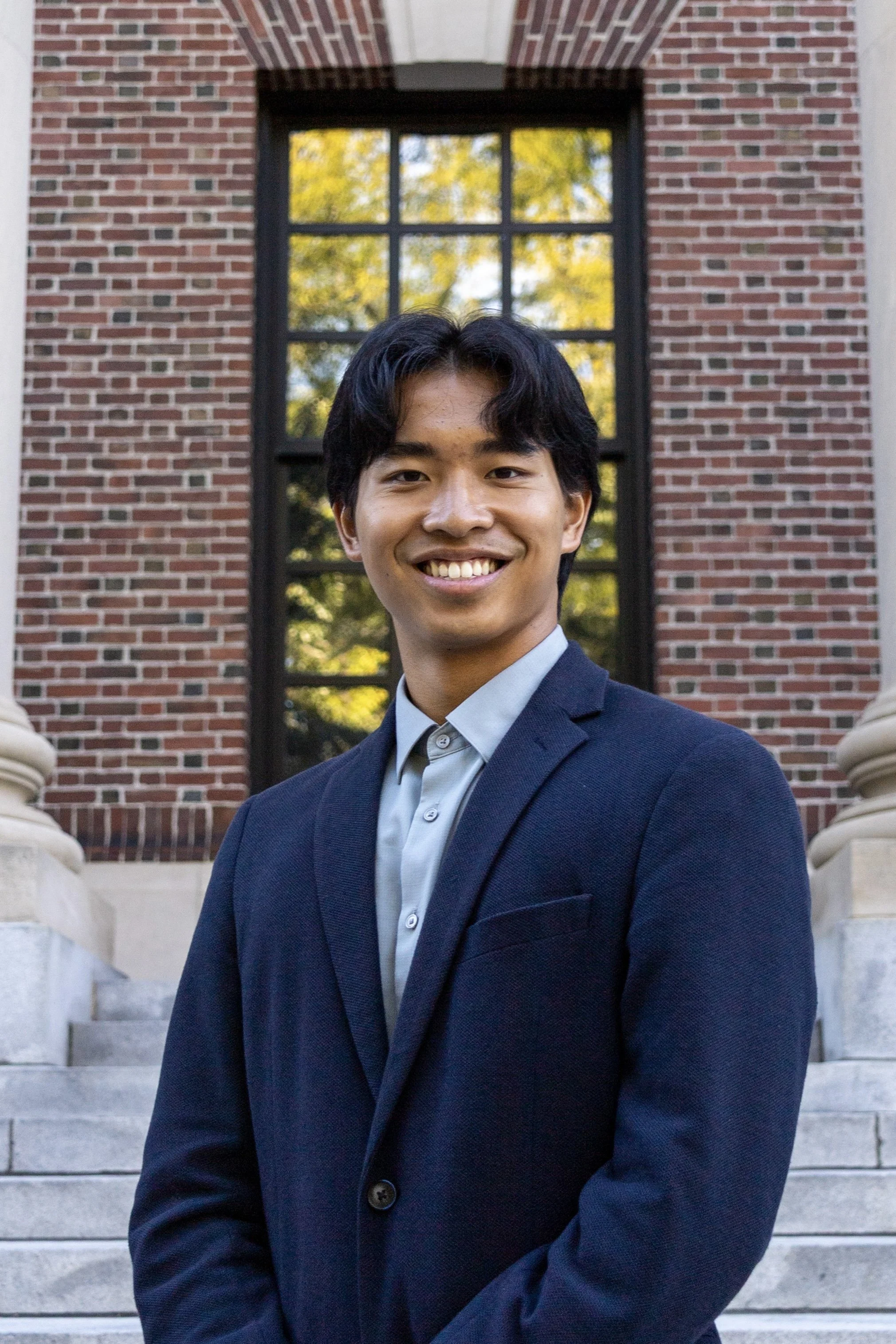Henry Chen
Hi my name is Henry Chen. I am a senior at Harvard studying Social Anthropology and Molecular and Cellular Biology. I'm really interested in the intersection of global health and aging, particularly paying attention to patient narratives and lived experiences. In addition, I've always been very interested in international relations and economic development, and I am excited to be working with WorldMUN this year. In my free time I enjoy reading, playing frisbee, and hanging out with friends. I love meeting new people, and I look forward to engaging with all of you.
Topic: Gray Horizons - Preparing for an Aging World and Confronting the Demographic Crisis
This World Bank Background Guide talks about how the world is facing a big demographic crisis, with populations aging quickly in almost every country. It explains that this issue affects not just health and pensions, but also jobs, families, and economic growth. The guide focuses on Bulgaria as an example of how low birth rates, emigration, and an aging population can cause serious national problems like poverty and economic decline. It also describes what the World Bank is and how it helps countries through loans, advice, and partnerships. The guide connects the problem of aging to the United Nations Sustainable Development Goals, showing how it relates to goals like reducing poverty, improving health care, and building fair and sustainable communities. It also looks at how the World Bank’s role has changed over time, starting with pension reforms in the 1990s and later including healthcare, long-term care, and social protection. Finally, it encourages delegates to think about how to create fair, realistic, and cooperative solutions to global aging, and reminds them that working together and listening to other countries’ ideas will be the key to finding lasting and meaningful progress.


